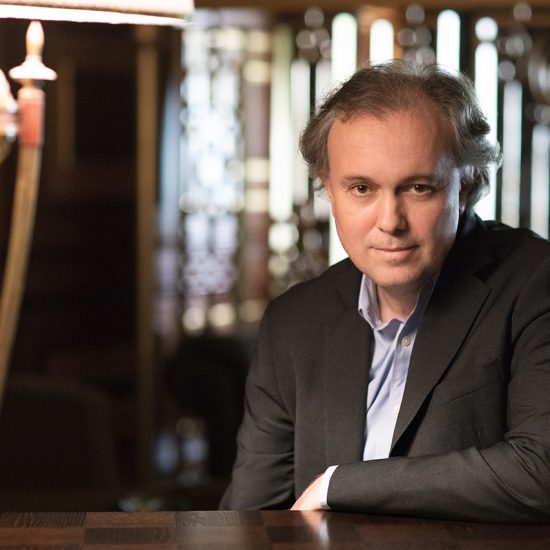
Günter Grass died last year, just months before the German publication of his final book. Of All That Ends was neither a late novel nor another overdue confession but, fittingly, a series of absorbing meditations on growing old, looking back and preparing to move on.
Grass’s swansong now appears in English (superbly translated by Breon Mitchell), enabling a wider audience to marvel at a unique talent reflecting on individual concerns, worldly issues and universal mysteries.
We are fortunate to have the book at all. In Grass’s last years, he favoured the paintbrush over the pen, citing failing health and limited time as reasons for not embarking on writing projects. In the first piece in this final book he explains his change of heart. Languishing in doldrums of fatigue and self-pity, and resigned to the fact that the creative well had run dry, Grass was suddenly revived “by the moist kiss of a part-time muse on call, and images and words came crowding in”.
Grass took advantage of this new-found energy and abundance of ideas and started scribbling and sketching. His book comes filled with his pencil drawings of nature at the end of its cycle (rotting fruit, withering leaves, dead birds) and a range of elegiac, impressionistic short-form writing, encompassing prose, poetry and striking fusions of the two.
Many of Grass’s written pieces read like ruminative diary entries or contemplative personal notes. They touch upon departed friends (or “all-too-lively foes”), great books he will never reread and memorable places he will never revisit. In one piece, he appraises his one remaining “stalwart” tooth then fondly remembers how his mother carried his milk teeth around in a small silk purse until the end of the Second World War. In another, he notes how old age has instilled in him a fear of loss – of losing people, his mind, desire and the ability to laugh.
Now and again this autumnal tone is replaced by a more wintry causticity, particularly in pieces relating to recent headlines. In Xenophobia, Grass compares the millions of post-war displaced persons “burdened by memory” that were resettled in Germany with today’s influx of foreigners “speaking in strange tongues” – and the hostile reaction in both cases from natives “feeling cramped by their arrival”. In Everyday Events he homes in on a single day’s news, juxtaposing Olympic medals won in London with civilians killed in Aleppo.
Two pieces show Grass finding good in bad – his insomnia affords him precious writing-time; his depression darkens but also “grant insights, illuminates depths”. There are sunny pieces on his books, his trusty typewriter and his beloved pipes (although he reminds us he is “running short of matches”), and we can’t help but smile at his Luddite principles (“When no one is looking I use a goose quill”) or his curmudgeonly rant against the worldwide web (“Declared incompetent, we find ourselves flopping in the net”).
Grass was awarded the Nobel Prize for Literature for his “frolicsome black fables” – which is another way of saying that his brand of magical realism was deliciously death-tinged.
This collection of musings is more death-saturated and, unsurprisingly, far less playful. However, the book’s longest and most substantial piece feels like an outlandish episode from Grass’s Danzig Trilogy. Grass and his wife invite the local carpenter around for tea and cakes and commission him to make their coffins. Grass then imagines his own decomposition and “rampant afterlife”. Oskar, the narrator of The Tin Drum – the first book in the trilogy – called his photo album an “open family grave”; here his creator goes one better by having a “trial lie-in” in his open “box”.
If only Grass had written more of these meatier, zanier anecdotes. The book suffers from padding – scraps of verse, shreds of thought, shards of dreams – and too many pieces peter out just as they are getting started. Nonetheless, there is ample satisfying material.
Grass routinely moves us and provokes us, switching from his own predicament to the larger picture without wallowing in grim morbidity or torturous navel-gazing. When he isn’t resigned to his fate, making the most of “the dwindling Now”, he is defiant. “Why would anyone want to leave now?” he asks. “Welcome, not farewell, infuses all writing with light.”
“It doesn’t end. Never will it end,” runs the last line of Grass’s acclaimed novel, Crabwalk. “Things begin but don’t want to end,” he writes in Of All That Ends. Things have now ended, but this special book will remain a last hurrah and a lasting reminder of a great writer.
Malcolm Forbes is a freelance writer based in Edinburgh.








